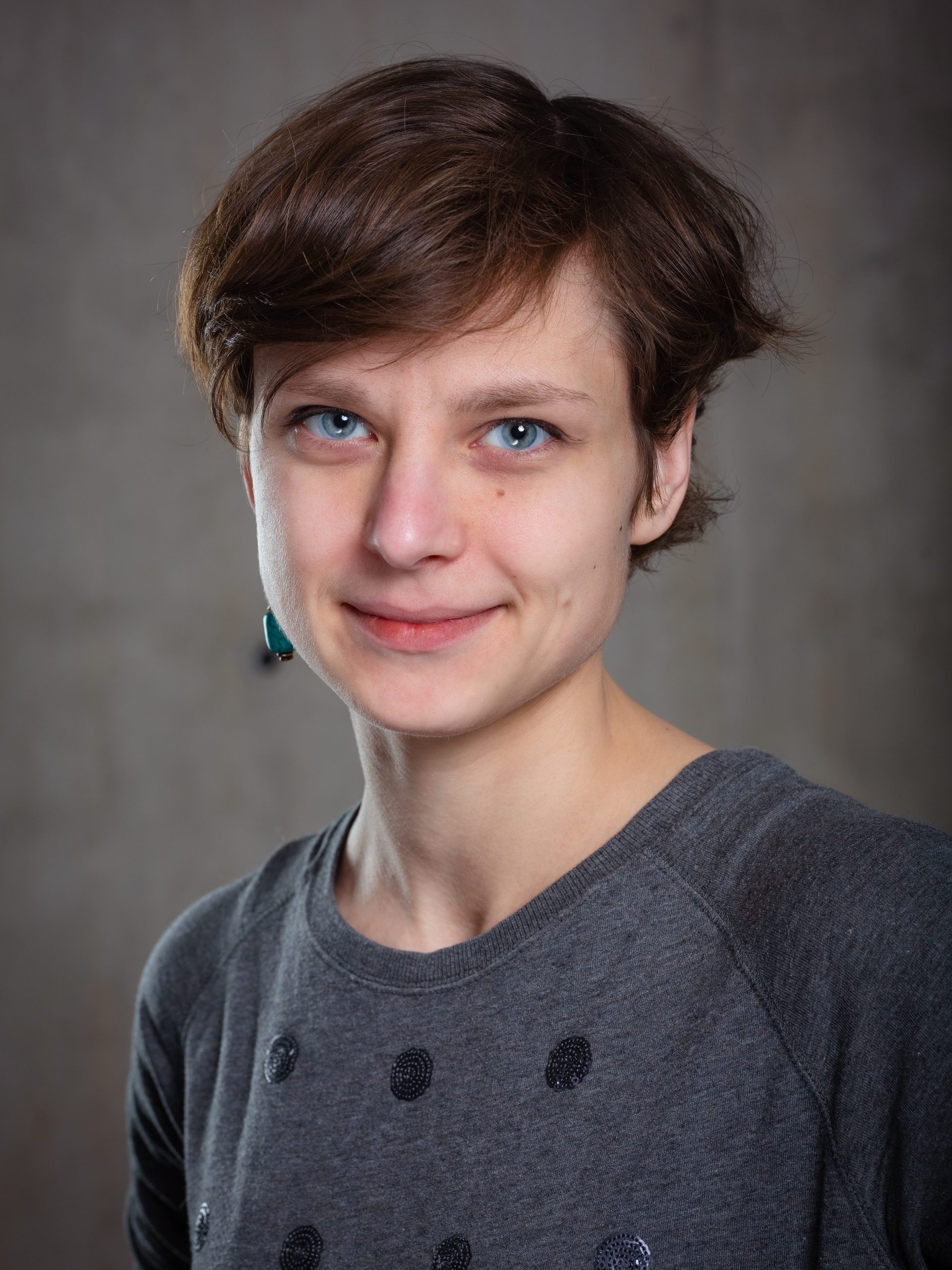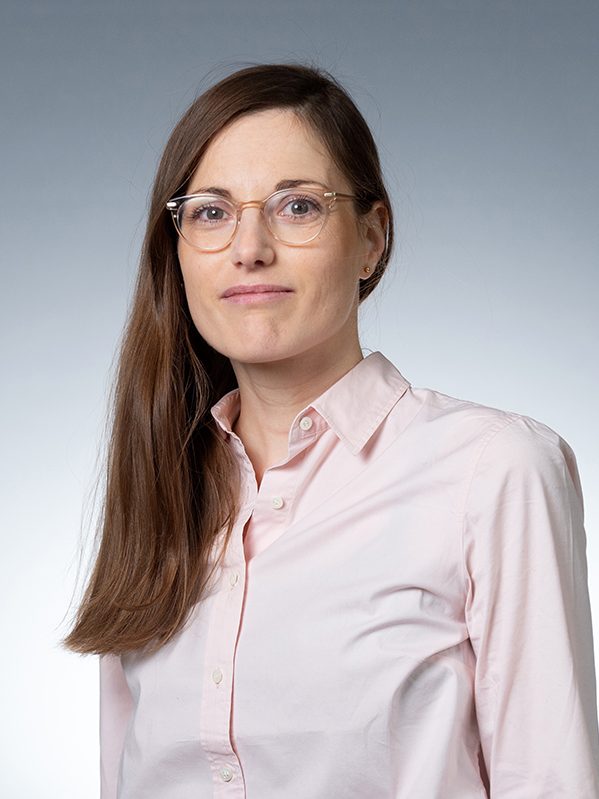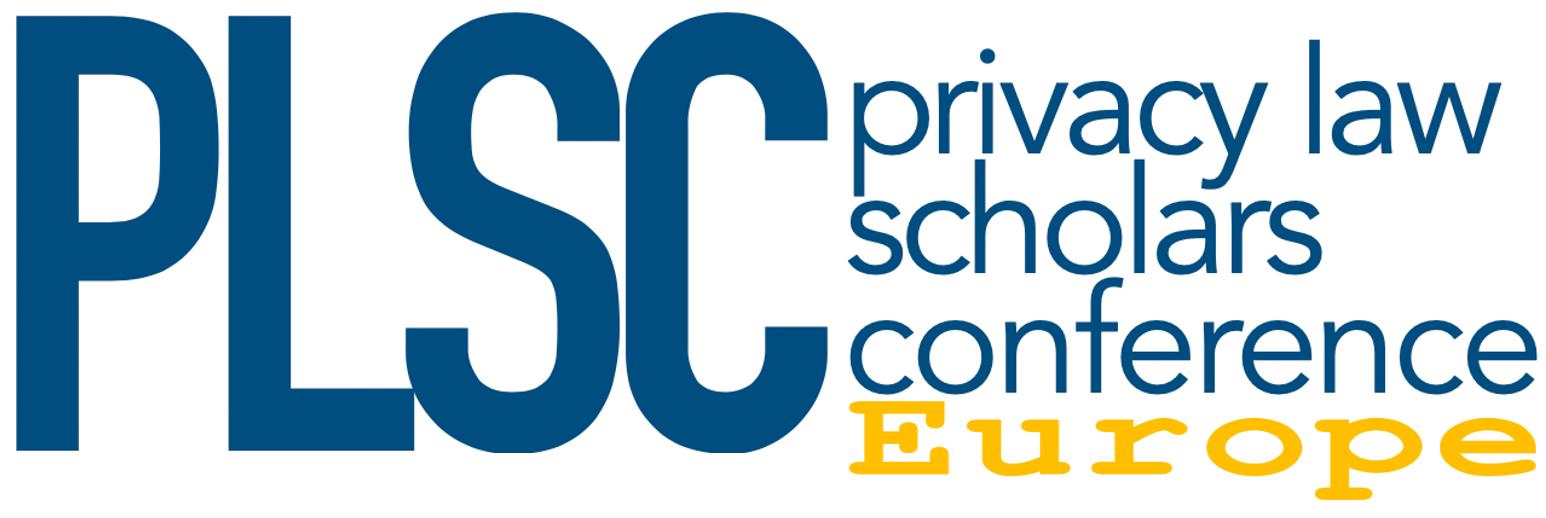About Us
What is PLSC Europe?
Following the format of PLSC in the United States, PLSC Europe is a conference for discussing work in progress. In the PLSC format, discussants, rather than authors, present and kick off a discussion on an assigned paper. There are no panels or presentations by the authors and everyone is a “participant”, offering their best questions and insights to stimulate discussion on fresh scholarship. There is no opportunity or obligation to publish connected to the conference.
Our goal is to improve and provide support for in-progress scholarship on a wide variety of issues and topics that touch upon privacy in its broadest interpretation. As such, we very much welcome submissions from different (sub)disciplines, taking alternative angles to privacy and data governance more broadly.
Just like PLSC in the United States, PLSC-Europe is a paper workshop conference. There is no opportunity or obligation to publish connected to the conference. The goal is to provide support for in-progress scholarship related to information privacy law. To do so, PLSC-Europe assembles a wide array of privacy scholars, and a number of academically engaged practitioners (from civil society or public and private sector). Scholars from non-law disciplines – including but not limited to surveillance studies, information and technology studies, critical (legal) studies, humanities, and computer science – are crucial participants in this interdisciplinary field. We follow a format in which a discussant, rather than the author, introduces and leads a discussion on a paper. There are no panels or talking heads; attendees read papers in advance and offer constructive feedback as full participants in the workshop. Having your paper accepted is NOT a requirement for attending and contributing to the conference, and indeed many attendees do not present a paper.
As a paper workshop conference, authors are free to submit a working paper (draft, in progress) for which they seek constructive feedback and suggestions for improvement/evolution. There are no formal requirements for the paper. The paper is then discussed by the discussant and audience, and authors and participants should leave the session inspired by the discussion and with insights that will help them in their own work.
The first PLSC-Europe was held in October 2015 in conjunction with the Amsterdam Privacy Conference, and the second one in May 2017, in conjunction with TILTing Perspectives 2017. Between 2017 and 2019, PLSC-Europe was held yearly, while the PLSC-Europe 2020 was cancelled due the coronavirus measures at the time.
What do we mean by “Privacy”?
The boundaries of privacy as a discipline are dynamic and contested. Although PLSC-Europe emphasizes the law of privacy, concepts from other fields play critical roles in our understanding of privacy and in shaping the law. For example, the following topics have received significant attention at previous PLSCs: fundamental rights, algorithmic governance and discrimination, police practices such as predictive policing, political/social/cultural/technical dimensions of data-intensive technologies, and privacy’s unique importance to marginalised populations, among many more.
Steering Committee
Committee Members

Kristina Irion
Kristina Irion is Associate Professor at the Institute for Information Law (IViR) at the University of Amsterdam. Until 2017, Dr. Irion had been Associate Professor at Central European University (CEU), then in Budapest. She obtained her doctorate from Martin Luther University, Halle-Wittenberg, and holds a Master’s degree in IT and Telecommunications Law from the University of Strathclyde in Glasgow. In her research Dr. Irion focuses on EU digital and data law in relation to the governance of transnational digital technologies and data flows. More recently, her research analyses EU law and policy of data centres’ sustainability. She frequently provides expertise to EU institutions, the Council of Europe, the OECD, national governments as well as civil society organizations. She is a member of the governing board of the Amsterdam Center of European Studies (ACES), the advisory board of the Center on Privacy & Technology at Georgetown Law and the Electronic Privacy Information Center (epic.org), the Steering Committee of the Data Protection Scholars Network (DPSN) and the scientific committee of CPDP.ai conferences.

Gloria Gonzalez Fuster
Prof. Dr. Gloria González Fuster is a Research Professor at the Vrije Universiteit Brussel (VUB)’s Faculty of Law and Criminology, and Director of the Law, Science, Technology and Society (LSTS) Large Research Group. She holds a research position on the theme ‘Digitalisation & a Europe of rights and freedoms’, and teaches ‘Privacy and data protection law‘ and ‘Bruxelles: La ville et le droit’. She also lectures on data protection law at the Georg-August-Universität Göttingen, and is a Professorial Fellow at the United Nations University – Institute on Comparative Regional Integration Studies (UNU-CRIS).
González Fuster is member of the Academic Board of the AI for the Common Good – Brussels Institute (FARI), and teaches ‘Governance and Organisational Aspects of Artificial Intelligence (AI)’ at the FARI Postgraduate on AI for the Common Good. She is also a member of the EUTOPIA interdisciplinary Learning Community Fairness, Accountability, Transparency, and Ethics in Data Processing (FATE).

Paul de Hert
Paul De Hert is a legal scholar and studied law, philosophy, and religious sciences (resp. Vrije Universiteit Brussels, Université Libre de Bruxelles and K.U. Leuven (1985-1992). De Hert is full professor at the Vrije Universiteit Brussel (VUB), director of the Brussels Fundamental Right Research Centre (FRC) and senior member of the Law, Science, Technology and Society (LSTS) Large Research Group. At the Tilburg Institute for Law, Technology and Society (TILT, Tilburg University, the Netherlands) he serves as an associated professor and teaches ‘Privacy and data protection law‘.
De Hert publishes on privacy & technology, selected human rights problems and on criminal law related issues. A rights-based approach combined with a concern for theory is the common denominator of all his work. He is founder of the CPDP-Conference (Computer, Privacy, Data Protection); the Privacy Salon and the Brussels Privacy Hub (with Chris Kuner). In 2023 De Hert was appointed as a Member to the Scientific Committee of the European Union Agency for Fundamental Rights (FRA) based in Vienna for a (renewable) five-year term.

Eleni Kosta
Prof. Dr. Eleni Kosta is full Professor of Technology Law and Human Rights at the Tilburg Institute for Law, Technology and Society (TILT, Tilburg University, the Netherlands). Eleni is conducting research on human rights and technology, specilising on privacy and data protection, as well as on artificial intelligence and engages with a borad range of issues in the context of law an technology, such as eEvidence, Anti-Money Laundering/Counter Financing of terrorism etc. She recently co-edited with Franziska Boem a Commentary on the Law Enforcement Directive (2016/680) published by OUP. She has been involved in numerous EU research projects. In 2014 Eleni was awarded a personal research grant for research on privacy and surveillance by the Dutch Research Organisation (VENI/NWO). She is a member of KYSATS, the Cyprus for the recognition of higher education qualifications. Eleni also collaborates as associate with timelex (www.timelex.eu).

Bart van der Sloot
Bart van der Sloot specializes in questions revolving around law and technology, Artificial Intelligence and Human Rights. Bart studied both philosophy (BA; MA) and law (BA; MA) in the Netherlands and Italy, also successfully completing the Honours Research Programme. He is associate professor at the Tilburg Institute for Law, Technology, and Society of the University of Tilburg, Netherlands.
Bart formerly worked for the Institute for Information Law, University of Amsterdam, where he wrote his Phd on privacy and virtue ethics, and for the Scientific Council for Government Policy (WRR) (part of the Prime Minister’s Office of the Netherlands) to co-author a report on the regulation of Big Data. He has co-authored several policy reports for the European Union, the Dutch government and other governmental agencies.
Bart van der Sloot is the general editor of the European Data Protection Law Review and served as the director of the Privacy & Identity Lab between 2016-2021. Between 2010-2020, he was the founder and coordinator of the Amsterdam Platform for Privacy Research (APPR), the minor Privacy Studies and the Amsterdam Privacy Conferences 2012, 2015 and 2018.
Bart has won three prestigious academic awards: the NWO Top Talent Grant, the NWO Veni Grant and the KNAW Early Career Award. The Top Talent Grant fully covered his Phd project and the Veni grant (2021-2025) covers a research project called: the right to be let alone … by yourself.

Jef Ausloos
Jef Ausloos is an assistant professor at the Institute for Information Law, and a research fellow at the centre for IT & IP law at the university of Leuven, and the Centre for Digital Law at Singapore Management University. His work centres around different information law issues – in particular data rights, transparency, and governance of digital infrastructures – and the broader political economy in which they operate. Ausloos’ work also explores how the law relates to epistemic challenges of data work and AI. As such, his research can be situated at the intersection of law, critical data studies and the politics of knowledge production.

Joanna Mazur
Joanna Mazur is an Assistant Professor at the Faculty of Management at the University of Warsaw (UW), analyst at DELab UW and the Center of Antitrust and Regulatory Studies. She received her Ph.D. from the Faculty of Law and Administration UW. Her PhD focused on the analysis of algorithms used for automated decision-making as public information. She was awarded the scholarship START of the Foundation of Polish Science and of the Ministry of Education and Science. In 2019-2022 she was pursuing a National Science Centre PRELUDIUM grant „Automated decision-making versus prohibition of discrimination in the European law” and since 2025 she has been a Principal Investigator in an OPUS project „New legal acts, old enforcement problems? Disentangling the complexities of the enforcement of EU law concerning digital technologies”. For her publications, see https://orcid.org/0000-0002-0417-5743.

Gianclaudio Malgieri
Dr. Gianclaudio Malgieri is an Associate Professor of Law & Technology at Leiden University (the Netherlands), where he conducts research at the eLaw Center for Law and Digital Technologies. He serves as a Board Member of eLaw and the Co-Director of the Brussels Privacy Hub, as a Managing Editor of Computer Law and Security Review, and he coordinates “VULNERA“, the International Observatory of Vulnerability in Data Protection. He is the Project Leader of RESOCIAL, a research project funded by the Dutch Research Agenda on Vulnerability and Resilience on Social Media, involving 4 Universities and 11 cooperation partners. Gianclaudio has authored more than 80 publications, including articles in leading international academic journals and a monograph, “Vulnerability and Data Protection Law” (Oxford University Press, 2023), and he is the first editor of the forthcoming AI Act Thematic Commentary (Hart-Bloomsbury, 2026) and the Rapporteur for the European Law Institute on Biometric principles. His works have been cited by, inter alia, top international newspapers (The New York Times, The Washington Post, Le Monde, Politico, etc.) and international institutions.

Aurelia Tamò-Larrieux
Aurelia Tamò-Larrieux is an Associate Professor at the University of Lausanne (UNIL), Faculty of Law, heading the team of Digital and Computational Law and leading the Legal Design & Code Lab. She is also a lecturer at EPFL, teaching Law and Computation to engineers and computer scientists. She has a background in law and economics and specializes in research at the intersection of law and digital technologies with a particular focus on privacy, data protection, design approaches, transparency of automated decision-making and artificial intelligence, automatically processable regulation, and trust in automation. She won two awards for her research on privacy by design, and her research “Designing for Privacy and Its Legal Framework” was published by Springer.

Michael Veale
Dr Michael Veale is Associate Professor in digital rights and regulation, and Vice-Dean (Education Innovation) at the Faculty of Laws, University College London. His research focusses on how to understand and address challenges of power and justice that digital technologies and their users create and exacerbate, in areas such as privacy-enhancing technologies and machine learning. This work is regularly cited by legislators, regulators and governments, and Dr Veale has consulted for a range of policy organisations including the Royal Society and British Academy, the Law Society of England and Wales, the European Commission, the Commonwealth Secretariat. Dr Veale holds a PhD from UCL and degrees from U Maastricht and LSE. He tweets at @mikarv.
Administrative assistance

Stefanie Boss
Stefanie Boss provides administrative assistance to the PLSC Europe standing committee, and is a PhD Candidate at the Institute for Information Law, the Institute for Informatics, and the UvA Data Science Center (University of Amsterdam). Her interdisciplinary research focuses on power dynamics and compliance behavior in decentralized systems, particularly in content moderation contexts, and combines insights from law, economics and data science.
